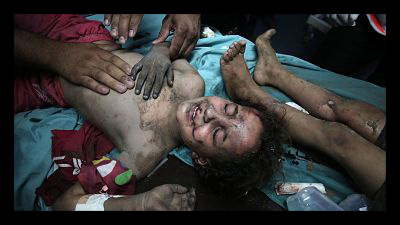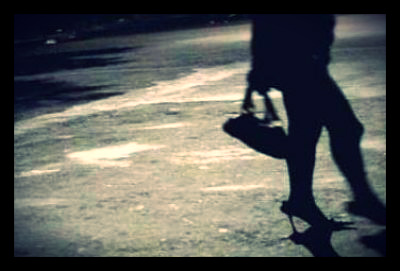On July 19, pro-Palestinian protests in Paris found trouble with the police. A ban was announced regarding a planned rally against violence in the Gaza strip, to which some Parisians responded actively.
In northern Paris, protestors launched projectiles at police, who responded with teargas and stun grenades. Demonstrators outwardly protested Israel by burning the Israeli flag. Other protests took form in climbing buildings and setting at least one car on fire.
By the end of the night, 38 of nearly 5,000 protestors were arrested as the riot came to a close.
The heightened conflict with Gaza has contributed to growing tensions in France between its Muslim and Jewish populations.
Following the protests, French Prime Minister Manuel Valls stated that France “will not tolerate attempts to—with violence, words or acts—import the Israeli-Palestinian conflict onto its soil.”
The ban took place as a result of a march on synagogues in Paris the previous weekend, which ended in eight arrests. President Francois Hollande banned possibly violent protests to prevent further clashes between citizens and police.
However, it was the ban itself that angered anti-Israeli Parisians who gathered on Saturday chanting “Israel, assassin.” These peaceful protests were not limited to the capital. All across France protests have taken place regarding the Gaza conflict.
President Hollande has taken a great amount of criticism for the government’s apparent failure to take a stand against Israel’s recent actions in Gaza. However, there is another side of opposition against Hollande from the far-right National Front who has criticized the government for being too “soft” regarding crimes and illegal immigration.
The European Decolonial Network, based in the Netherlands, started a petition to preserve the rights of the protestors and to dissemble the ban. So far, the petition has 200 signatures from around the world.
Jewish community leaders have complained that the ban on demonstrations promotes discrimination against the Jewish community in France.
Pro-Palestinian protestors were attacked by members of the Jewish Defense League, which often advocates the use of violence against Palestinian supporters.
One protestor compared the current situation to the liberation of African-Americans in the 60’s. Aya Ramadan stressed, “It’s evident that today when we see a mass of Arabs and black people coming together over the Palestinian cause…It’s relatively the same thing: Arabs supporting and independence movement abroad. And they face violent repression.”
Protests have been seen all around Europe, such as in Geneva and London. Nearly 300 protestors gathered outside the U.N. European Headquarters to demonstrate against Israel. In London, thousands marched peacefully outside of the Israeli embassy while clutching Palestinian flags and displaying banners that read, “Stop the bombing” and “Free Palestine.”
The conflict in Gaza rages on, and it seems that the rest of the world will remain involved until a solution is reached. Although Israel houses only about eight million people, this is a conflict that has harnessed the hearts and lives of the entire international community.
– Cambria Arvizo
Sources: Al Jazeera, The Wall Street Journal, Al Jazeera, Reuters
Photo: The Independent



